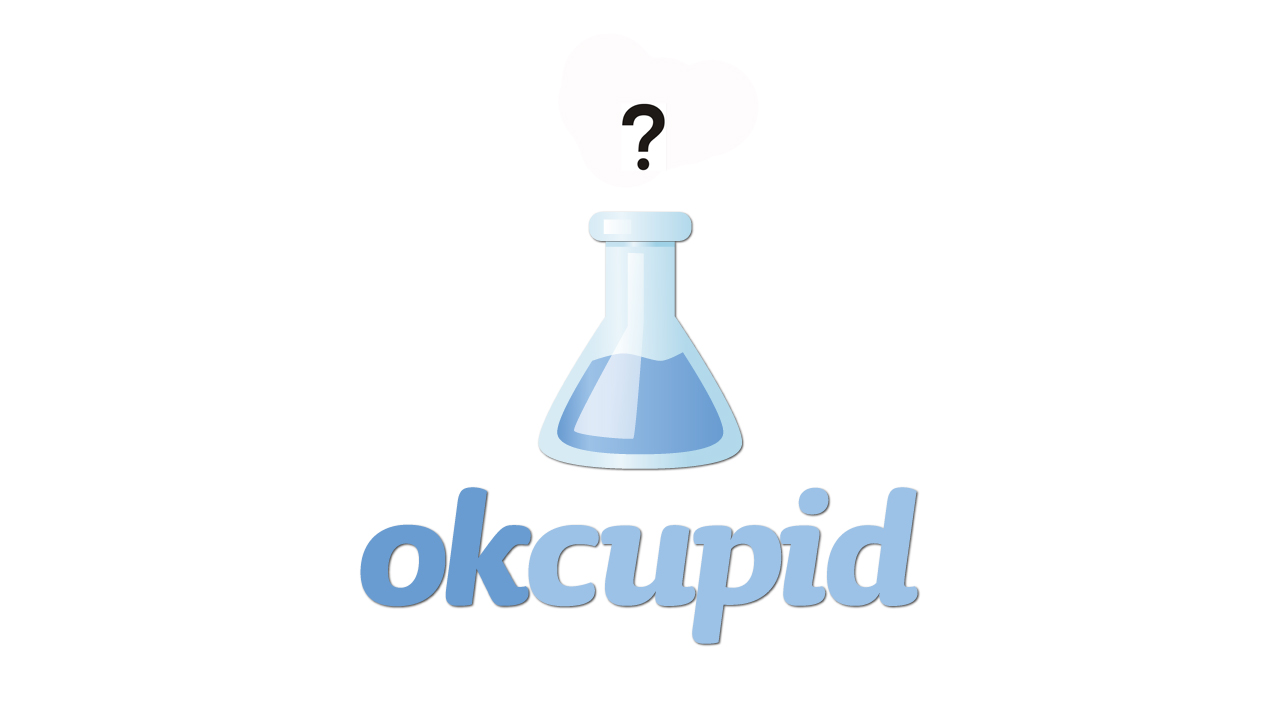After the mass media kerfuffle over Facebook’s Emotional Contagion Experiment wherein the company manipulated 600,000 users’ feeds to study their emotional responses, dating megasite OKCupid made the unlikely choice of transparency regarding its own user testing.
In a casual blog post, OKCupid announced the findings of three specific studies. The New York Times described the experiments:
In one test, [OKCupid] obscured profile pictures. In another, the site hid profile text to see how it affected personality ratings. And in a third, it told some hopeful daters that they were a better or worse potential match with someone than the company’s software actually determined.
People have already expressed outrage at this revelation, specifically in reaction to an experiment in which OKCupid paired users who did not have high compatibility ratings. Some outlets characterized this as “sending users on bad dates.” The reality is not quite that dramatic. The site was merely altering their algorithm briefly to value certain factors more than usual. And anyone who has used the site knows that finding a decent date is harder than trusting their “match percent” algorithm.
OKCupid must have anticipated negative reactions, yet their blog post was defiantly unapologetic. OKCupid co-founder and president Christian Rudder began by saying, “OkCupid doesn’t really know what it’s doing. Neither does any other website… If you use the Internet, you’re the subject of hundreds of experiments at any given time, on every site,” Rudder states bluntly. “That’s how websites work.”
The prevalence of A/B testing was the main defense for supporters of the Facebook study. Nearly all websites, especially those that rely on algorithms to function, are said to use these studies to improve their services. However, “everybody does it” doesn’t seem like quite enough to relieve all moral responsibility for a company’s actions.
However, the company has been open to sharing the data they collect from their users for some time. Their blog frequently posts infographics representing what they’ve recently learned from users’ data, some of which can be very personal. Rudder even authored the book Dataclysm which furthers the view presented in his post. “Today, a new approach is possible. As we live more of our lives online, researchers can finally observe us directly, in vast numbers, and without filters. Data scientists have become the new demographers,” the Amazon blurb reads. We wouldn’t expect an apology from OKCupid anytime soon.



